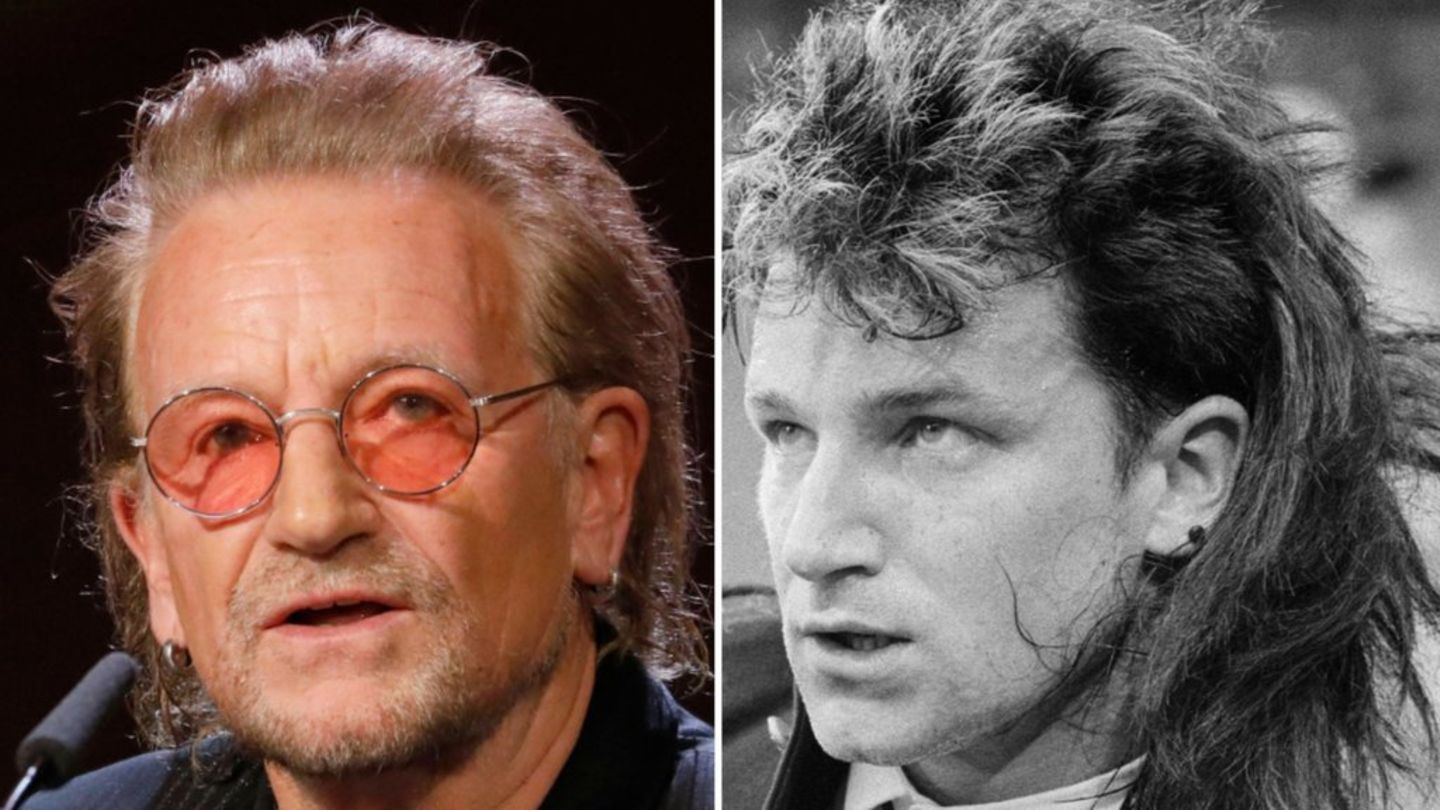The debate about more efficient and athlete-oriented sports funding is in full swing. The federal government wants to know what is going wrong and solutions for how the funds can be better invested.
The reform of elite sport funding is like squaring the circle. The federal government wants more medals for more money. The top athletes complain about too little financial support for themselves and their offspring.
And the Athletes Germany Association considers the sole fixation on gold, silver and bronze to be wrong. “We must aim to make this decade sporty with oomph,” said Frank Ullrich, chairman of the Sports Committee in the Bundestag. The question is how this can be achieved.
BMI: find deficits and solutions
In the ongoing review of the reform, the Federal Ministry of the Interior insists on finding deficits and solutions. “As a result of the ongoing work process on future top-level sport funding, there must be an understanding of system weaknesses in the previous top-level sport reform/funding and possible solutions for the problem areas mentioned,” said the BMI responsible for sport at the request of the German Press Agency. These aspects are to be summarized in a “rough concept” as the basis for further implementation by the end of the current calendar year.
The reason for reviewing the reform is that despite the increase in federal funds for its implementation since 2017 from 167 million to up to 369 million euros (as of 2022), there has been a constant drop in medals at the Summer Games: from 82 medals in Barcelona 1992 over 65 in Atlanta 1996 up to 37 in Tokyo 2021.
In view of the criticism of athletes, the BMI emphasizes that the reform has placed the squad athletes at the center of the federal government’s support. In addition, the financial and social security during the sporting career has been significantly increased. This also included the establishment of a pension scheme for top athletes and well over 1,000 sports funding agencies. “Overall, federal squad athletes benefit from a balanced sports funding system that goes beyond the financial aspects of sports funding,” said the BMI when asked by the dpa.
“What do you wish for? Better pay”
“There is optimization of the potential everywhere. That has to be addressed. Maybe we or the following generation will benefit from it,” said Lea Meyer, Vice European Champion in the Obstacles. “It would be better if I could concentrate fully on the sport. But it could be even worse.” Her teammate at the European Championships in Munich, Bo Kanda Lita Baehre, could also imagine a better sporting life. “What do you wish for? To put it bluntly, better pay,” said the pole vault runner-up at the European Championships.
“We’re not professionals in Germany, but we have to compete against professionals,” complained single-rower Oliver Zeidler. Society’s claim is always that as many medals as possible should be won: “Then a corresponding rethinking must take place.”
The Deutsche Sporthilfe therefore considers it necessary to focus more on the needs of top athletes. It must become “more personal and individual”,” said CEO Thomas Berlemann of the dpa. “In the future design, Sporthilfe would like to play a central role due to our many years of experience,” he added. The foundation turned 2020 to the promotion of young and top athletes 22.4 million euros.
“There are many construction sites”
Berlemann is critical of the fact that the reform has so far aimed primarily at promoting sports with a lot of success and medals, but not enough for young people and disciplines with potential. It should be checked “whether and in what way a further focus should be placed on the hopeful young athletes,” he said. With this, the best of the best can be prepared with a view to Paris 2024 and in perspective for the Olympic Games in Milan/Cortina d’Ampezzo in winter 2026 and Los Angeles 2028.
“I think a revision of the squad system is necessary for optimal support for our young athletes,” emphasized Ullrich. In his opinion, the primary goal of the promotion should be performance and top-class sport. “As the term suggests, it must be based and measured primarily on performance and excellence.” It is precisely this aspect that must also be reflected in the sports system and in the funding logic.
“Separately, I’m also a proponent of more complex thinking,” he said. A fundamental debate on the task and importance of sport in society is therefore necessary. The discussion about the meaning, purpose and goal of top-class sport was initiated by the Athleten Deutschland association with a major analysis. “There are many construction sites,” said the double European sprint champion, Gina Lückenkemper, who had also pushed ahead with the topic of sports funding: “I think that a lot is still possible.”
Source: Stern
I have been working in the news industry for over 6 years, first as a reporter and now as an editor. I have covered politics extensively, and my work has appeared in major newspapers and online news outlets around the world. In addition to my writing, I also contribute regularly to 24 Hours World.




